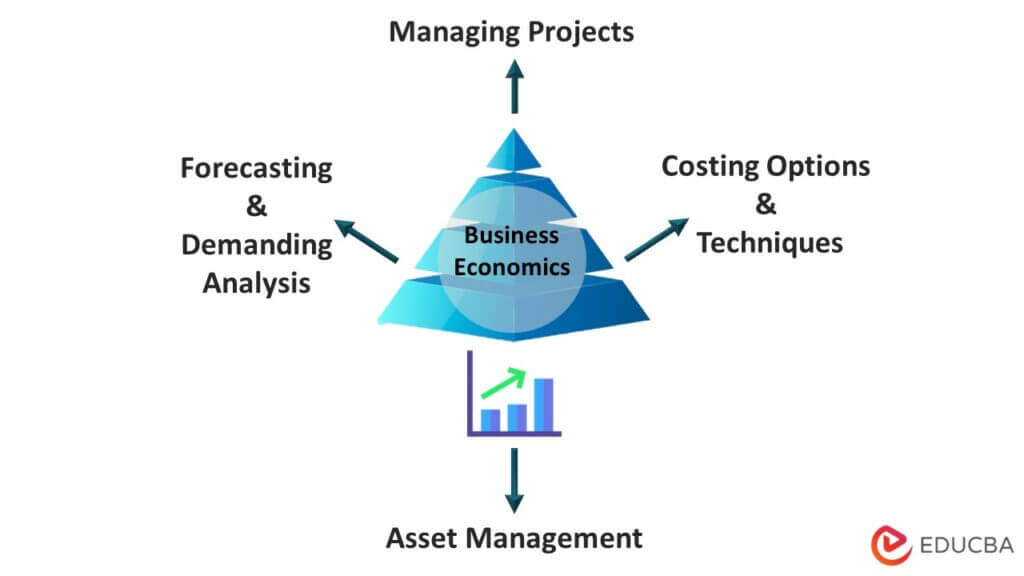Brazil's income tax system is poised for significant changes in 2025, impacting both domestic taxpayers and international entities operating within its borders. These reforms, driven by economic considerations and a desire for greater tax equity, have far-reaching implications for global businesses and individuals with Brazilian interests. Understanding these changes is crucial for effective financial planning and compliance.
Overview of the Current Brazilian Income Tax System

Brazil's current income tax system is complex, characterized by a mix of federal, state, and municipal taxes. At the federal level, individuals and corporations are subject to income tax, known as Imposto de Renda. Corporate income tax comprises two components: the Corporate Income Tax (IRPJ) and the Social Contribution on Net Profit (CSLL). Individual income tax is progressive, with rates varying based on income levels. Dividends paid to individuals are currently exempt from taxation, a feature that may be subject to change under the proposed reforms. The system also includes withholding taxes on various types of income, such as salaries, royalties, and interest.
The state level levies the Tax on Circulation of Goods and Services (ICMS), a value-added tax that impacts businesses involved in the sale and movement of goods. Municipalities impose the Service Tax (ISS) on service providers. This multi-layered system requires careful navigation to ensure compliance and optimize tax efficiency. Brazil also has a complex system of tax incentives and exemptions, designed to stimulate economic activity in specific sectors or regions.
Proposed Key Changes to the 2025 Income Tax Regime

The proposed changes to Brazil's income tax regime for 2025 encompass several key areas, targeting both individual and corporate taxation. One of the most significant anticipated reforms is the potential taxation of dividends. The current exemption has been criticized for disproportionately benefiting high-income earners and creating tax avoidance opportunities. A shift towards taxing dividends could generate significant revenue for the government and promote a more equitable tax system.
Another key area of focus is the simplification of the tax system. The current system is notoriously complex, with numerous regulations and compliance requirements that can be burdensome for businesses, particularly small and medium-sized enterprises (SMEs). The government aims to streamline tax procedures, reduce bureaucratic hurdles, and enhance transparency.
Furthermore, discussions are underway regarding potential adjustments to the corporate income tax rates. While specific details remain to be finalized, the government is considering measures to make Brazil's corporate tax regime more competitive on a global scale. This could involve reducing the headline corporate tax rate or introducing targeted tax incentives to attract foreign investment.
- Taxation of Dividends: Imposing a tax on dividends to increase revenue and fairness.
- Simplification of the Tax System: Reducing complexity and compliance burdens for businesses.
- Adjustments to Corporate Income Tax Rates: Making Brazil's corporate tax regime more competitive.
-
Modernization of Tax Administration: Leveraging technology to improve tax collection and enforcement.
Greater use of digital technologies, such as artificial intelligence and data analytics, is expected to enhance the efficiency and effectiveness of tax administration.
Impact on Multinational Corporations Operating in Brazil

The proposed income tax changes will have a significant impact on multinational corporations (MNCs) operating in Brazil. The potential taxation of dividends could affect the repatriation of profits to parent companies, potentially increasing the overall tax burden. MNCs will need to carefully assess the implications of this change on their financial planning and investment strategies.
The simplification of the tax system, if successfully implemented, could reduce compliance costs and administrative burdens for MNCs. A more transparent and efficient tax environment could also improve the overall attractiveness of Brazil as an investment destination. However, navigating the transition to the new tax regime will require careful planning and expert advice.
Furthermore, adjustments to corporate income tax rates could impact the profitability of MNCs operating in Brazil. A reduction in the headline corporate tax rate could boost profits, while targeted tax incentives could create new opportunities for investment and growth. MNCs should closely monitor these developments and adapt their strategies accordingly.
Implications for Individual Taxpayers in Brazil

The proposed income tax changes will also have significant implications for individual taxpayers in Brazil. The taxation of dividends, if implemented, could affect investment strategies and income streams, particularly for high-income earners who rely on dividend income. Individuals may need to re-evaluate their investment portfolios and consider alternative income-generating assets.
The simplification of the tax system could make it easier for individuals to comply with their tax obligations. Reduced bureaucratic hurdles and increased transparency could improve the overall taxpayer experience. However, individuals will need to stay informed about the new regulations and seek professional advice if needed.
Adjustments to individual income tax rates and brackets could also impact taxpayers' disposable income. Changes to the progressivity of the tax system could affect different income groups in different ways. It is essential for individuals to understand how these changes will affect their personal finances and adjust their budgeting and financial planning accordingly.
Global Implications and Comparative Analysis

The proposed changes to Brazil's income tax system have broader global implications, particularly in terms of international tax competition and cross-border investment flows. The taxation of dividends, for example, could align Brazil with international norms and reduce opportunities for tax avoidance. Many developed countries already tax dividends, and Brazil's move in this direction could signal a commitment to greater tax transparency and fairness.
Adjustments to corporate income tax rates could also impact Brazil's competitiveness as an investment destination. A reduction in the headline corporate tax rate could make Brazil more attractive to foreign investors, potentially boosting foreign direct investment (FDI). However, Brazil will need to carefully balance the need for revenue with the desire to attract investment.
The simplification of the tax system could also enhance Brazil's reputation as a business-friendly environment. A more transparent and efficient tax system could reduce compliance costs and administrative burdens for international businesses, making Brazil a more attractive place to invest and operate.
Comparing Brazil's tax system with those of other major economies reveals both similarities and differences. Many developed countries have complex tax systems, but some have made significant progress in simplifying their tax codes and reducing compliance burdens. Brazil can learn from these experiences as it implements its own tax reforms.
Potential Challenges and Opportunities

The implementation of the proposed income tax changes presents both potential challenges and opportunities. One of the main challenges is ensuring a smooth transition to the new tax regime. Businesses and individuals will need time to adapt to the new regulations and adjust their financial planning accordingly. Effective communication and education will be crucial to minimize disruption and ensure compliance.
Another challenge is addressing potential resistance to the changes. Some stakeholders may oppose the taxation of dividends or other reforms that could increase their tax burden. The government will need to engage in constructive dialogue with stakeholders and address their concerns in a transparent and equitable manner.
However, the proposed changes also present significant opportunities. The simplification of the tax system could reduce compliance costs and administrative burdens for businesses, boosting economic growth and competitiveness. The taxation of dividends could generate significant revenue for the government, which could be used to fund public services and infrastructure development. Adjustments to corporate income tax rates could attract foreign investment and stimulate economic activity.
- Smooth Transition: Ensuring businesses and individuals can adapt to the new regulations.
- Stakeholder Engagement: Addressing concerns and resistance to the changes.
- Revenue Generation: Utilizing new tax revenues for public services and infrastructure.
- Attracting Investment: Making Brazil more competitive for foreign investment.
Strategies for Businesses to Adapt to the New Tax Regime

Businesses operating in Brazil need to develop strategies to adapt to the new income tax regime. This includes conducting a thorough assessment of the potential impact of the changes on their financial performance, compliance costs, and investment strategies. Businesses should also seek expert advice from tax professionals to ensure they fully understand the new regulations and can comply effectively.
One key strategy is to review and update transfer pricing policies. The new tax regime may affect the way businesses allocate profits and expenses between related entities. Businesses should ensure their transfer pricing policies are aligned with the new regulations and can withstand scrutiny from the tax authorities.
Another important strategy is to invest in technology and automation to streamline tax compliance processes. This can reduce administrative burdens, improve accuracy, and minimize the risk of errors or omissions. Businesses should also consider implementing robust internal controls to ensure compliance with all applicable tax laws and regulations.
Finally, businesses should actively engage with policymakers and industry associations to stay informed about the latest developments in tax policy and regulations. This can help them anticipate future changes and proactively adapt their strategies accordingly.
Conclusion: Navigating the Future of Brazilian Income Tax

The proposed changes to Brazil's income tax system represent a significant shift in the country's tax landscape. While challenges remain, the potential benefits of these reforms are substantial, including a more equitable tax system, a more competitive business environment, and increased revenue for the government. Businesses and individuals operating in Brazil need to stay informed, adapt their strategies, and seek expert advice to navigate the future of Brazilian income tax successfully. The key to thriving in this evolving environment lies in understanding the nuances of the reforms, planning proactively, and embracing innovative solutions for tax compliance.


No comments:
Post a Comment